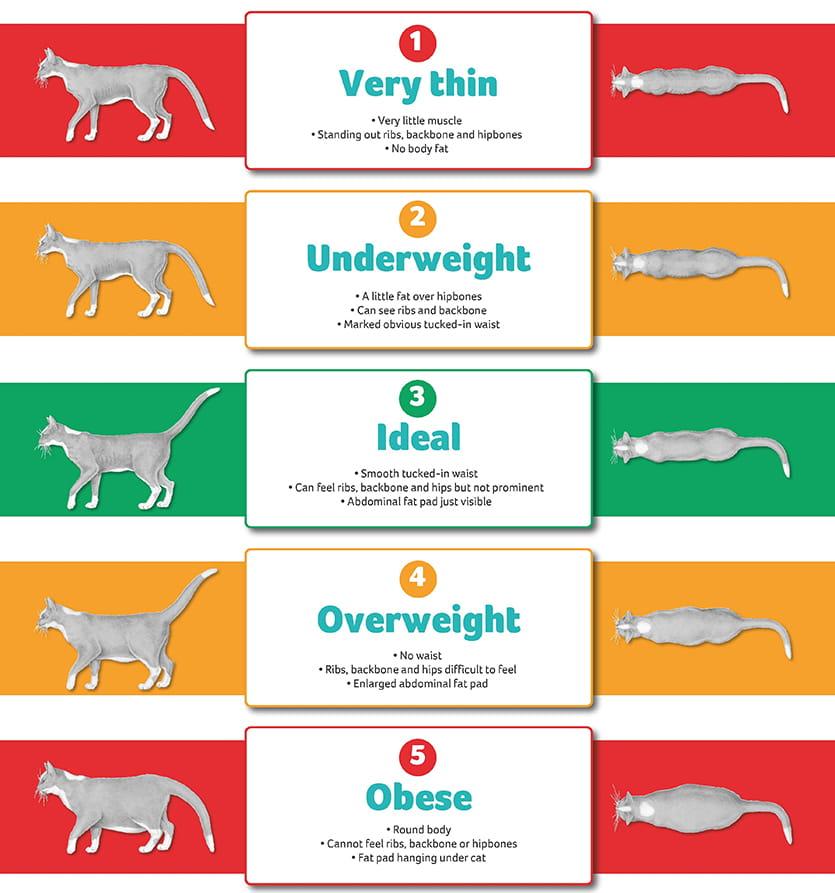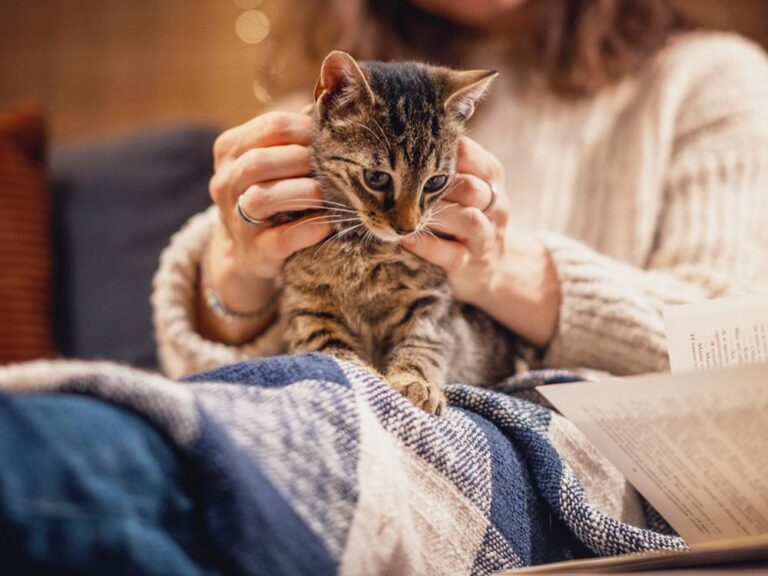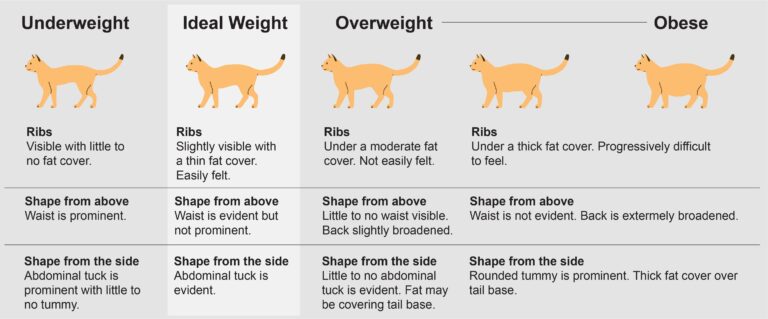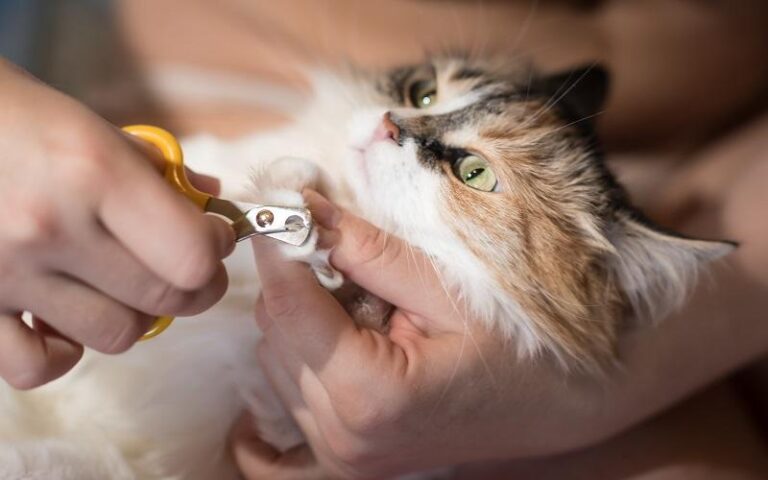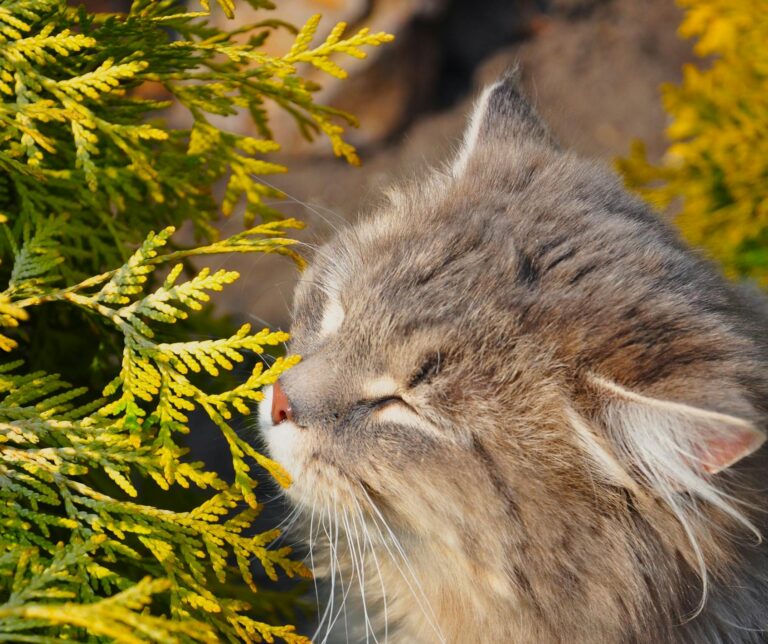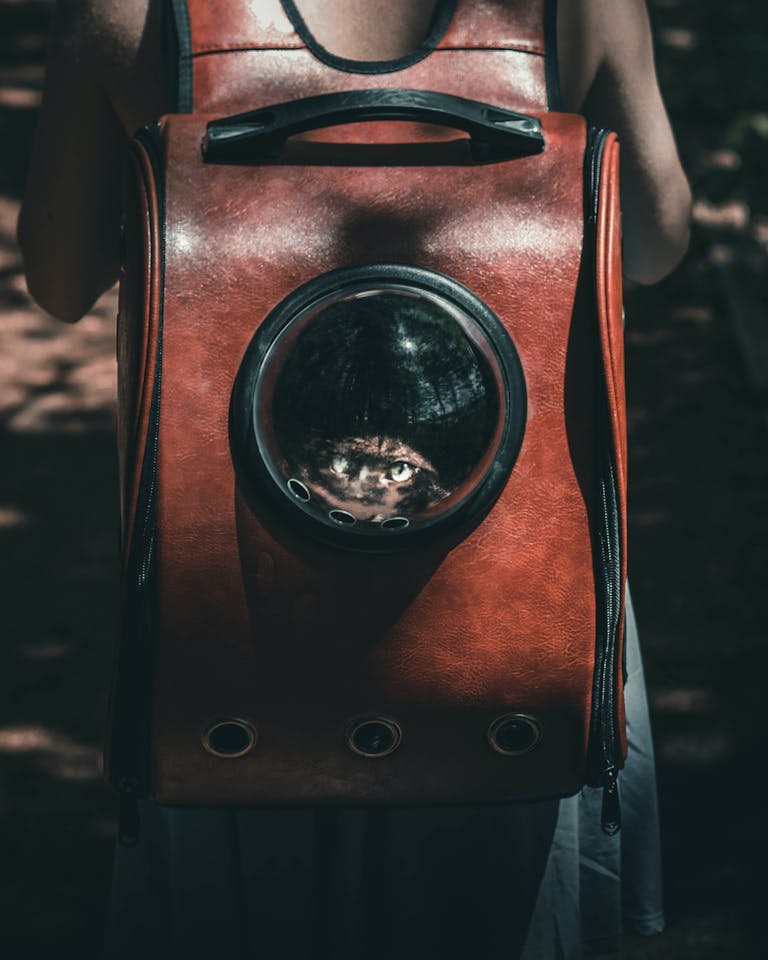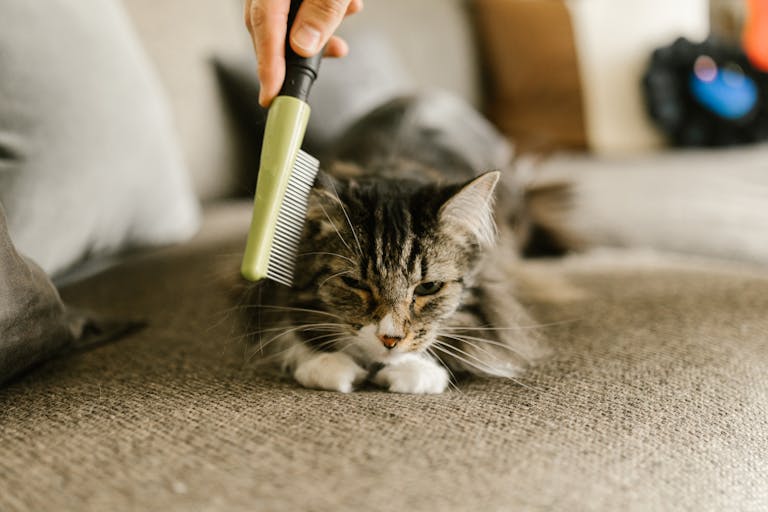Is My Cat Too Skinny? How to Spot Underweight Signs
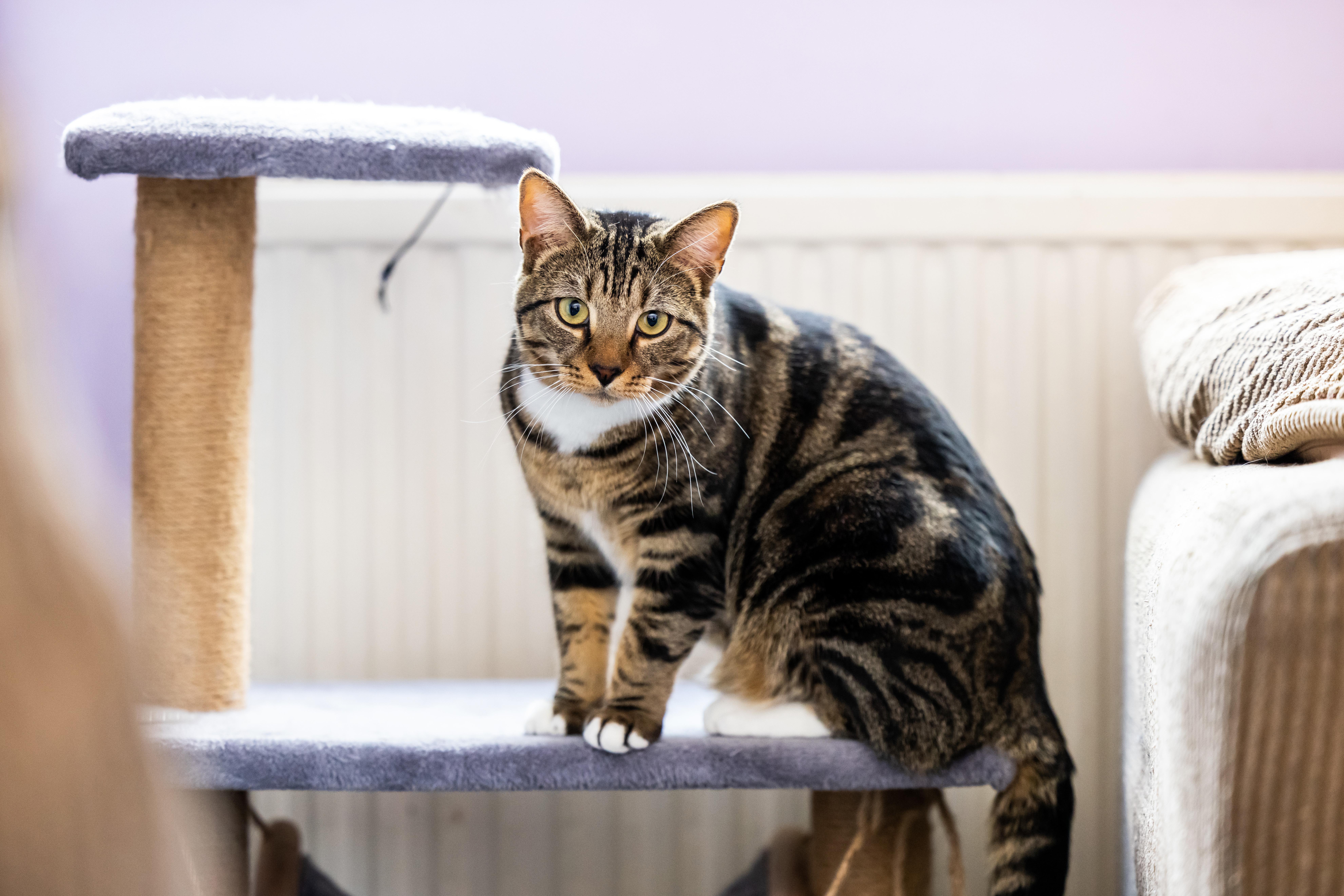
Is My Cat Too Skinny? How to Spot Underweight Signs
If you’ve ever found yourself staring at your feline friend and wondering, “Is my cat too skinny?” you’re definitely not alone. Cat parents often worry about their pet’s weight and health, trying to strike the perfect balance between a playful fluffball and a healthy kitty figure. Unlike dogs who often show weight changes more obviously, cats can be sneakier about their weight loss—or gain. So how do you know if your cat is just naturally lean or slipping into underweight territory?
In this post, I’ll walk you through the signs to look for, practical tips to keep your kitty thriving, common pitfalls to avoid, and some handy products that can help both you and your furry buddy. Let’s dive in!
When Is Skinny a Concern? Understanding Why It Matters
We all love our cats’ sleek grace and lithe movements, but if your cat is losing too much weight or is naturally very thin, it could signal something more serious. Cats that are underweight may be struggling with underlying health issues or not getting enough nutrition, even if they are eating regularly.
Here’s why spotting underweight signs early is so important:
- Health risks: Being underweight can make cats vulnerable to illnesses, infections, and reduced immunity.
- Muscle loss: Cats lose muscle mass when they don’t get enough calories, which affects their mobility and energy.
- Quality of life: A thin, malnourished cat may feel weak or lethargic and may not enjoy playtime as much.
Basically, knowing if your cat is too skinny can help you intervene before things get serious—and that means more cuddles and happy days together.
How to Tell If Your Cat Is Underweight: Easy, Everyday Checks
You don’t need to be a vet to figure out whether your cat has lost too much weight. Here are some simple signs you can check for at home with just your hands and eyes.
1. The Rib Test — Does Your Cat’s Body Feel Like a Piano Keyboard?
Gently run your hands over your cat’s ribs. You should be able to feel the ribs without pressing hard, but they shouldn’t be sticking out sharply. If the ribs feel like bumps on a piano keyboard with little to no padding, your cat may be underweight.
2. Look for a Visible Waistline
Stand behind your cat and look down at their body. Healthy cats usually have a visible waist behind their ribs—like a gentle inward curve before their hips. If your cat looks like they’re practically skin and bones all the way through with a flat or sunken-in abdomen, take note.
3. Check for Bone Prominence Beyond Ribs
Besides ribs, do you notice that your kitty’s spine or hip bones are easily visible or even poking out? That’s often a sign of inadequate fat and muscle cover, which is common in underweight cats.
4. Watch Your Cat’s Energy Levels and Behavior
An underweight cat might be less playful, tired more often, or show signs of distress like excessive grooming or hiding. If your cat seems off or less spry, alongside weight concerns, it’s time to get a vet involved.
5. Keep Track of Their Eating and Drinking Habits
Are they eating less than usual or have appetites changed drastically? Changes in diet or intake levels could be clues that your cat isn’t getting the calories they need.
Feeding Tips and Tricks: How to Help Your Lean Kitty Pack on Healthy Pounds
If you’re convinced your cat is too skinny and need to help them gain weight safely, here are some paw-some strategies to try:
Feed Small, Frequent Meals
Instead of leaving food out all day, try splitting your cat’s daily ration into 3-4 smaller meals. Cats prefer small snacks spread out, which keeps their metabolism steady and encourages eating.
Choose High-Quality, Calorie-Dense Food
Opt for premium wet or dry food that’s rich in protein and fat. Wet food especially tends to be enticing and hydrating, plus higher in calories per bite. Some brands focus on weight gain formulas, so check out options specially made for underweight cats.
Use Toppers and Treats with Caution
You can tempt your cat with tasty toppers like canned tuna or special cat treats. Just be careful not to overdo it and unbalance their overall diet.
Supplement with Nutritional Boosters
Supplements like [Product Name] can help improve appetite and support healthy weight gain. Always check with your vet before adding anything new.
Keep Stress Levels Low
Stress can be a big appetite killer for cats. Make sure your kitty has quiet places to relax, plenty of affection, and regular routines.
Mistakes to Dodge When Dealing with a Skinny Cat
Trying to help your cat gain weight? Be careful not to fall into these common traps:
- Ignoring vet advice: Sudden weight loss can be a sign of serious illness like hyperthyroidism, kidney disease, or diabetes. Always have your cat checked.
- Overfeeding unhealthy foods: Feeding too many treats or human food can cause digestive upset or nutritional imbalances.
- Forcing food: Don’t force-feed your cat. It can stress them out and cause more harm than good. Patience is key!
- Waiting too long: The sooner you notice weight issues, the better the chance for easy correction.
Handy Helpers: Tools and Products to Support Your Cat’s Health
If you want to keep track of your cat’s weight and support their health at home, a few products can make life easier:
- Cat-specific scale: Measure your cat’s weight regularly to catch changes early.
- Food puzzles: Encourage slow eating and keep your cat mentally stimulated.
- Specialty diets: Consult your vet about calorie-rich, palatable diets designed for weight gain.
- [Product Name] — a vet-recommended appetite stimulant and nutrient supplement that’s easy to mix into meals.
FAQ: What Every Concerned Cat Parent Wants to Know
Q: How much should my cat weigh?
A: Healthy weight varies by breed, age, and size, but generally, average domestic cats weigh between 8 and 10 pounds. Your vet can help you figure out what’s ideal for your individual cat.
Q: Can weight loss in cats be sudden?
A: Yes! Rapid weight loss in cats is not normal and should prompt a vet visit ASAP. It might indicate serious conditions that require prompt treatment.
Q: What if my cat is skinny but still active and eating well?
A: Some cats are naturally lean and maintain good activity and appetite. If your cat is playful, eating regularly, and passing stools normally, they may be just fine. Still, regular checkups help keep everything on track.
Wrapping It Up: Keep Your Cat’s Purrfect Shape in Check
Wondering if your cat is too skinny can feel a bit scary at first, but remember you’re not alone—and taking action early makes all the difference. Whether it’s a little extra TLC at mealtimes, a trip to your vet, or simply keeping a closer eye on your kitty’s ribs and waistline, small steps add up to big health wins.
Your beloved feline deserves to be strong, happy, and well-nourished. So give them a gentle squeeze, watch those ribs, and keep those purrs coming. Here’s to many healthy cuddles and a lifetime of love with your perfectly imperfect, sometimes skinny—but always cherished—cat.

